Parenting may have evolved over the decades, but some classic approaches are still just as effective today as they were when we were kids. In a world full of screens, instant gratification, and trendy parenting philosophies, it’s easy to forget that timeless wisdom still holds incredible value.
These tried-and-true techniques helped shape generations into respectful, responsible adults—and they’re far from outdated. In fact, many of them offer exactly the kind of structure and character-building today’s children need.
Whether you’re raising toddlers or teens, these 23 old-school parenting tips are practical, simple, and deeply impactful. Sometimes, the best parenting advice doesn’t come from a modern manual—it comes from your own childhood.
1. Say “Please” and “Thank You” Every Time
A simple ‘please’ and ‘thank you’ go a long way in teaching children manners. In a world where fast and convenient often overshadow politeness, these words are like golden keys to respectful interaction. Old-school parents understood that teaching these basics fosters empathy and kindness.
Politeness begins at home, and consistent reminders make it second nature. Parents can model this behavior, showing that everyone deserves respect. These small words carry weight, opening doors to social success.
Teaching children to express gratitude and respect not only enriches their character but also enhances their ability to build strong relationships.
2. Eat Dinner Together as a Family
Dinner time is more than just eating; it’s an opportunity to connect. In the hustle and bustle of modern life, shared meals offer a chance for families to communicate and bond. Children learn the importance of listening and sharing their day.
Gathering around the table creates a routine that builds stability and security. It’s a moment to laugh, share stories, and discuss the ups and downs of life. Parents can impart values and teach children about food and culture.
Family dinners reinforce unity, making it easier to handle the challenges life throws our way.
3. Chores Are Not Optional
Assigning chores to children is a timeless way to instill responsibility. While it might seem like a drag, chores teach kids that everyone contributes to a household. Old-school parents saw chores as essential to developing work ethic.
By assigning age-appropriate tasks, children learn valuable skills and the rewards of teamwork. Whether it’s setting the table or tidying up, chores prepare youngsters for future responsibilities.
Chores are a practical way to teach discipline and the satisfaction of a job well done. It’s about turning everyday activities into lifelong lessons.
4. Respect Your Elders
There’s wisdom in respecting those who have walked the path before us. Old-school parenting emphasized honoring grandparents, teachers, and community leaders. This respect is a cornerstone of a cohesive society.
Children learn to appreciate different perspectives and the experiences of older generations. It fosters empathy and a sense of belonging within the community.
Encouraging respect for elders also teaches humility, showing children that everyone has something valuable to offer, regardless of age. This timeless lesson nurtures understanding and compassion.
5. No Talking Back
Respectful communication is a skill that transcends generations. Old-school parents instilled the importance of listening without interruption or argument. It’s not about stifling opinions but fostering a respectful exchange of ideas.
By teaching children to communicate thoughtfully, parents prepare them for constructive dialogue in all areas of life. It builds stronger relationships and encourages understanding.
No talking back helps children learn when and how to express themselves appropriately. It’s about balancing confidence with respect, a lesson that resonates beyond childhood.
6. Early Bedtimes Mean Better Days
Sleep is crucial for a child’s development. Old-school parents understood the value of a structured sleep schedule. Early bedtimes ensure children get the rest they need to thrive mentally and physically.
With enough sleep, children are more focused, energetic, and ready to tackle the day. It sets a foundation for healthy habits that extend into adulthood.
A consistent routine reduces stress and helps regulate mood. Early bedtimes create a calm environment, essential for growth and learning. It’s about nurturing a well-rested, happy child.
7. You Break It, You Fix It (Or Pay for It)
Consequences teach accountability more effectively than lectures. Old-school parents believed in letting children rectify their mistakes. Whether fixing a toy or paying for damages, it builds a sense of responsibility.
Children learn that actions have repercussions and that they must own up to their behaviors. This lesson in accountability fosters independence and maturity.
By encouraging children to resolve their mishaps, parents empower them to take charge of their actions. It’s a practical approach to teaching responsibility and integrity.
8. If You Start It, You Finish It
Commitment is a valuable life skill. Old-school parents taught that starting something means seeing it through, whether it’s a sports season or a school project. This principle builds perseverance and character.
By encouraging children to complete what they begin, parents instill a sense of reliability and dedication. It’s about teaching that effort pays off.
Finishing tasks teaches the importance of follow-through and the satisfaction of accomplishment. It’s a foundation for success in all future endeavors, fostering a strong work ethic.
9. “Because I Said So” Still Has Power
Sometimes, parental authority is reason enough. Old-school parents used “Because I said so” to establish boundaries. It teaches children that not everything requires explanation.
This approach helps children understand that rules are in place for their safety and well-being. It’s about building trust in parental guidance.
Boundaries help children feel secure and learn self-discipline. It’s important for children to know that parents have their best interests at heart. This phrase reinforces structure and respect.
10. Respect Privacy, But Check Anyway
Trust is essential but must be balanced with safety. Old-school parents would occasionally check rooms or backpacks, not to spy, but to ensure safety. This practice is about caring, not controlling.
Parents teach children that trust is earned and that safety is a priority. It helps them understand the importance of honesty and transparency.
By respecting privacy while ensuring safety, parents reinforce trust and responsibility. It’s a delicate balance that protects and guides children through adolescence.
11. No Phones at the Table
Dinner is a time for connection, not screens. Old-school parents emphasized the importance of undistracted meals. Without phones, families engage in meaningful conversation.
This practice fosters eye contact, listening skills, and genuine interaction. It encourages children to be present and enjoy the company of loved ones.
A no-phone policy at the table teaches the value of quality time. It reinforces that relationships matter more than virtual connections, creating lasting family bonds.
12. Handwritten Thank-You Notes
Handwritten notes convey gratitude in a personal way. Old-school parents taught this as a gesture of appreciation and thoughtfulness. In an age of digital communication, a tangible note stands out.
Writing thank-you notes teaches children to express gratitude sincerely. It’s a way to acknowledge kindness and build relationships.
This practice encourages mindfulness and consideration for others. It’s a timeless tradition that fosters meaningful connections and a grateful heart.
13. Limit Screen Time
Balancing technology use is crucial in today’s digital world. Old-school parents limited TV time, and the same principle applies to tablets and phones now. Setting boundaries helps children develop healthy habits.
Limiting screen time encourages outdoor play, reading, and creativity. It prevents over-dependence on technology and promotes a well-rounded lifestyle.
By setting clear limits, parents teach children self-discipline and time management. It’s about finding balance and prioritizing diverse activities.
14. “Go Play Outside” Is Always Good Advice
Outdoor play fuels creativity and independence. Old-school parents knew the value of fresh air and unstructured time. Playing outside allows children to explore, imagine, and learn about the world.
It fosters physical health and social skills, as kids engage with peers and nature. Outdoor adventures build confidence and problem-solving abilities.
Encouraging outdoor play nurtures a sense of wonder and freedom. It’s a simple way to enhance growth and happiness, embracing the natural world’s endless possibilities.
15. Walk It Off, Don’t Whine It Out
Resilience is a skill learned through experience. Old-school parents encouraged handling setbacks with grit. Instead of dwelling on small mishaps, children were taught to move forward.
This approach fosters a positive mindset and the ability to cope with challenges. It builds strength and determination.
Teaching children to “walk it off” empowers them to handle life’s hurdles with grace. It’s about focusing on solutions rather than problems, encouraging a resilient spirit.
16. Family Rules Are for Everyone
Consistency is key in a household. Old-school parents believed that rules apply to everyone, modeling the behavior they expect from their children. This creates a sense of equality and fairness.
By following the same guidelines, parents demonstrate integrity and respect. It reinforces that rules are not arbitrary but essential for harmony.
Family rules build a strong foundation of trust and mutual respect. It’s about setting expectations and leading by example, fostering a cohesive and supportive environment.
17. Save Your Allowance
Financial literacy starts young. Old-school parents taught children the value of saving, spending, and budgeting. Managing an allowance helps kids understand the importance of financial responsibility.
Saving teaches delayed gratification and planning for the future. It instills a sense of achievement and security.
By encouraging children to save, parents provide a lifelong gift of money management skills. It’s about nurturing wise financial habits and independence.
18. Apologize When You’re Wrong
Humility is a strength, not a weakness. Old-school parents demonstrated this by apologizing when they were wrong. It shows children that everyone makes mistakes and that owning up is important.
Apologizing teaches compassion and empathy. It builds stronger relationships based on honesty and trust.
By modeling humility, parents teach children the value of sincerity and reconciliation. It’s a vital lesson in emotional intelligence and personal growth.
19. Use Your Imagination, Not an App
Creative play is a cornerstone of childhood. Old-school parents encouraged using imagination instead of relying on apps. Building forts or castles from household items sparks creativity and teamwork.
Imaginative play fosters problem-solving skills and cognitive development. It’s about exploring endless possibilities and thinking outside the box.
Encouraging children to use their creativity nurtures a sense of wonder and innovation. It’s a timeless way to inspire growth and learning, beyond screens.
20. TV Is a Privilege, Not a Right
Entertainment should be earned, not assumed. Old-school parents taught that TV time is a privilege. This approach builds appreciation and responsibility.
By setting limits, parents encourage children to prioritize activities and earn leisure time. It reinforces the value of balance and moderation.
Teaching that TV is a privilege cultivates respect for boundaries and self-control. It’s about understanding that rewards come with responsibilities.
21. Go to Your Room (Without Devices)
Timeouts are a classic tool for reflection, not just punishment. Old-school parents used them to teach children to think about their actions. Removing devices encourages genuine contemplation.
This practice fosters self-awareness and emotional regulation. It provides a chance to calm down and reconsider behavior.
Sending a child to their room without distractions allows them to reflect on their actions and learn from experiences. It’s about nurturing a thoughtful and mindful approach to personal growth.
22. Respect Starts at Home
The foundation of respect is built within the family. Old-school parents taught that kindness to siblings and parents extends to the world. It sets the tone for how children treat others.
By modeling respectful behavior, parents teach empathy and understanding. It creates a nurturing environment where everyone feels valued.
Respect at home forms the basis for positive relationships outside of it. It’s about fostering a culture of kindness and mutual appreciation.
23. You Represent This Family
Behavior reflects on the entire household. Old-school parents reminded children that their actions represent the family. This awareness motivates better conduct.
Children learn that their behavior impacts others and holds responsibility. It fosters pride and accountability.
Teaching that children represent their family instills a sense of belonging and duty. It’s about nurturing integrity and reinforcing family values.







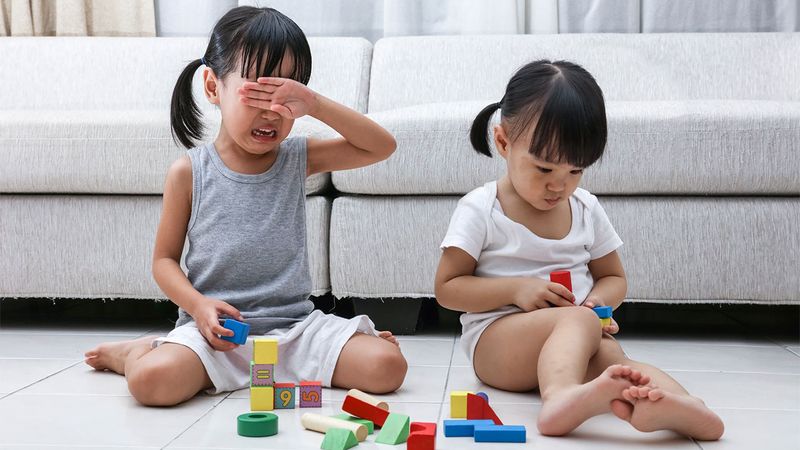
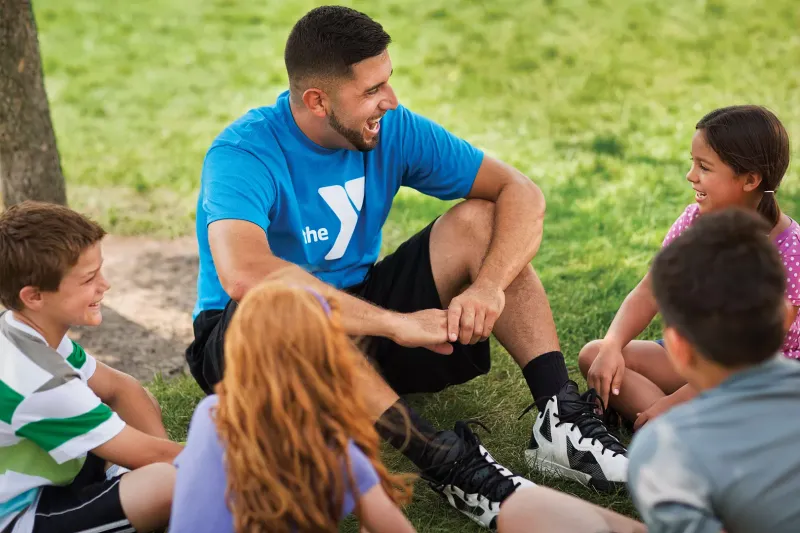



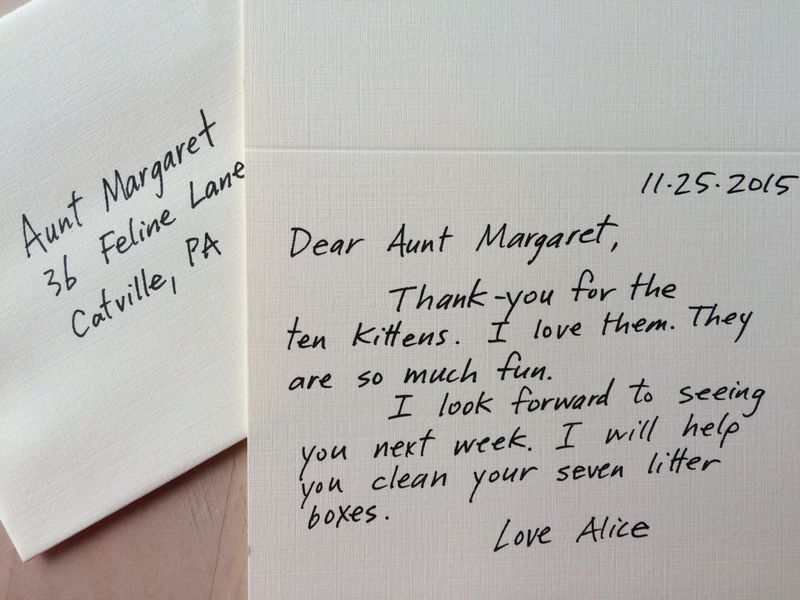
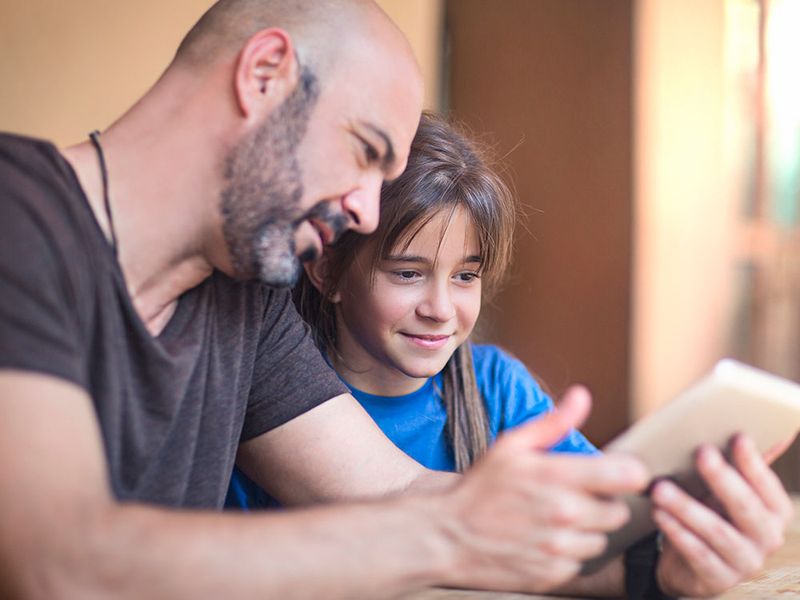







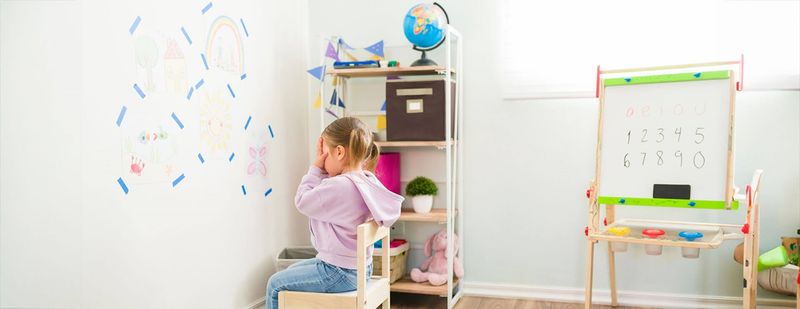


Comments
Loading…